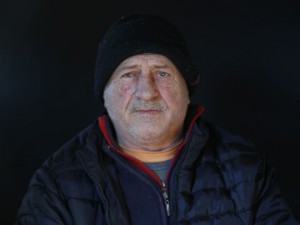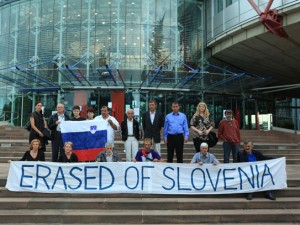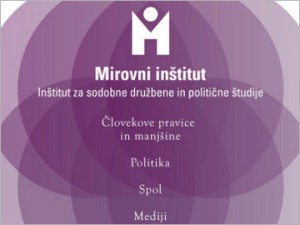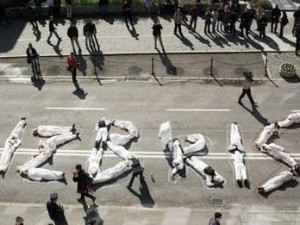An open letter from Andrea Saccucci on the 30th anniversary of the erasure
25. 2. 2022 | Human Rights and Minorities, Politics
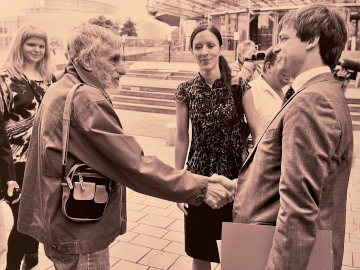
Mr. President, your excellencies, ladies and gentlemen,
Almost 10 years after the pilot-judgment of the Grand Chamber of the European Court of Human Rights in the case of Kuric and others v. Slovenia, the memories of my engagement with the erased people of Slovenia in their undaunted fight for justice are still much alive in me and deeply move my heart.
I had the great privilege and responsibility to represent the applicants before the European Court with the invaluable assistance of my fellow colleagues of the Peace Institute of Ljubljana in a last attempt to put right one of the most egregious violations of fundamental rights resulting from the process of dismemberment of the former Yugoslavia.
When I first approached the case, it was immediately clear to me that this fight would be long, complex, burdensome, and uncertain. We had to cope with many legal hurdles and operate in a generally hostile political and social environment. However, what I could not imagine at the beginning of my involvement was the massive scale of the sufferings caused by the erasure and its nefarious impact on the life of thousands of people. What I could not imagine was that my professional engagement would have become critical to the fate of those people. Adding one tear to their already immense suffering would have been unsustainable for me.
After years of relentless joint efforts, the quest for justice of the erased people was finally heard by the Strasbourg Court. This is a picture of the leading applicant, Mr. Kuric (76 years old at that time), just a few moments after the closing of the public hearing which took place at the Human Rights Building on 6 July 2011. Anyone can see the traces of suffering on his face, but also the dignity of a man who, after years of despair and of non-existence, is still ready to undertake a 12-hour journey to Strasbourg with a laissez-passer issued by the Court and to put his hand into mine with a look of unshakable hope.
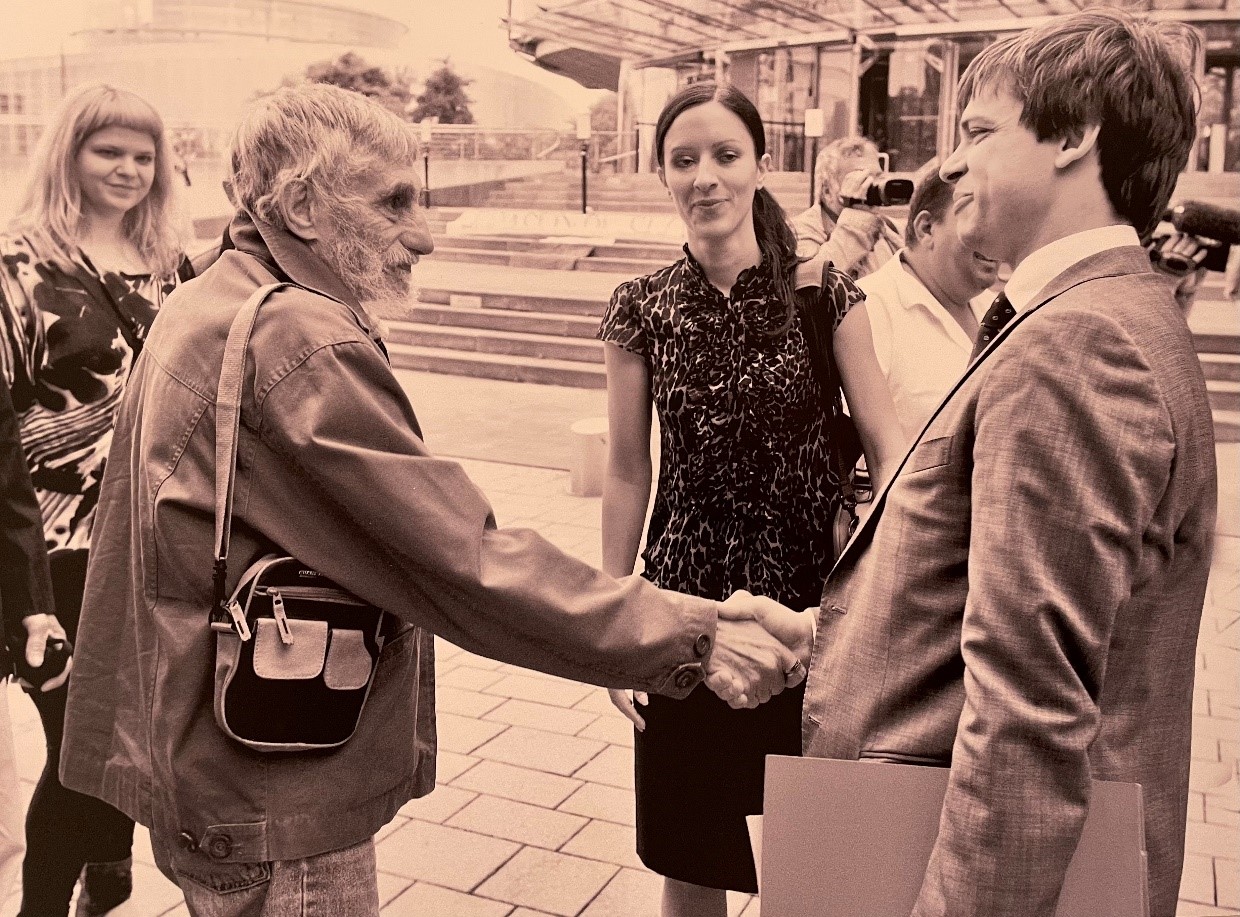
Photo: Borut Krajnc
Certainly, I am very proud of having contributed to provide the erased people with, at least, a partial relief for their long and painful ordeal. Unfortunately, not all the applicants received satisfaction. This is a picture of Velimir Dabetic on his way to Strasbourg who ended up being excluded from the benefits of the Grand Chamber’s ruling because of the previous wrong decision taken by a Chamber.
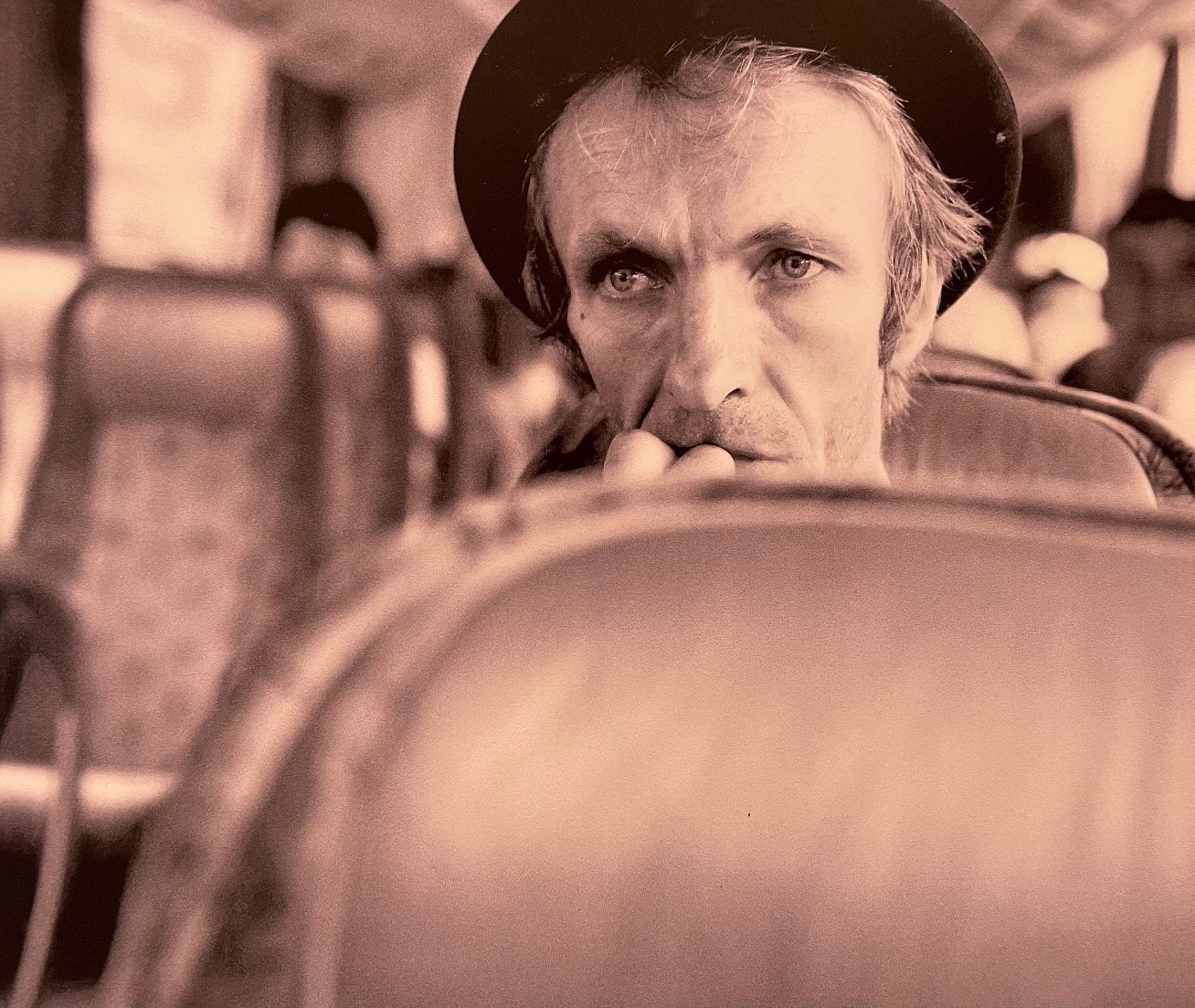
Photo: Borut Krajnc
Dabetic had to fight his battle in Italy where he lived since the time of the erasure without being able to be recognized as a stateless person. He was arrested, detained, stripped of documents, harassed, deprived of his parenthood’s rights. Still, he stood up against the abuses and continued humbly to be a good and generous man even if he received all but generosity.
The story of these two men, Kuric and Dabetic, is just exemplary of the emotional charges involved in the case of the erased people of Slovenia. From my side, on the occasion of the 30th anniversary of the erasure, I can just say thank you to all the erased people for having taught me a unique lesson of dignity and humanity, of trust and righteousness, of unswerving determination, and of goodness of mind. I can also say thank you to the Slovenian President for this important gesture of apology, which was long waited by the community of the erased of Slovenia and which hopefully will be of example for the new generations.
All human beings are born free and equal in dignity and rights (Article 1 of the Universal Declaration) and have the right to legal personality (Article 6 of the Universal Declaration of Human Rights).
Please accept the senses of my highest consideration and regards,
Andrea Saccucci

